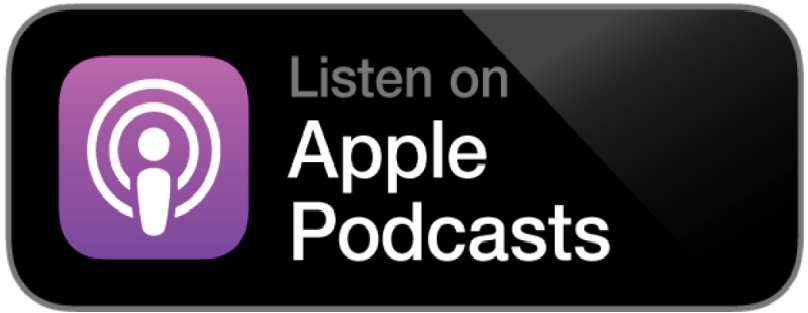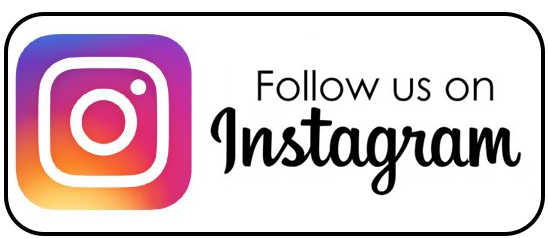Judaism Unbound Episode 424: Superpowers of Blind Rabbis – Lauren Tuchman
Lauren Tuchman is a sought-after spiritual leader and educator whose work focuses on disability access and inclusion. Ordained by the Jewish Theological Seminary in 2018, she is, as far as she is aware, the first blind woman in the world to enter the rabbinate. She joins Dan Libenson and Lex Rofeberg for a conversation about the nexus between visual impairment, inclusion, and Jewish tradition. This episode is the second in an ongoing series of Judaism Unbound episodes exploring Disability Torah.
[1] Be sure to check out Lauren Tuchmann’s website, as well as her ELI Talk: We Were All At Sinai: The Transformative Power of Inclusive Torah.
[2] This episode is the second in our new series on the Torah of disability. Listen to our previous episode in the series at Episode 423: The Torah of Disability – Julia Watts Belser.
[3] Tuchman mentions the architectural barriers to Jews with disabilities in many Jewish spaces. See this 2017 article published in Jewish Currents, Inclusion and the Soul of a Synagogue, which explores the relationship between physical Jewish space and accessibility.
[4] Tuchman states that her favorite Torah story about visual impairment is one in which Leah is described as having “weak eyes” (Genesis 29:17). She also cites the portion of Leviticus that lists blindness as a reason a priest is unqualified to perform his priestly duties (Leviticus 21:18), the section of Deuteronomy that curses anyone who “misleads a blind person” (Deuteronomy 27:18), and the line in Leviticus which states, “Do not place a stumbling block before the blind” (Leviticus 19:14).
[5] Tuchman references Julia Watts Belser’s book, Loving Our Own Bones: Disability Wisdom and the Spiritual Subversiveness of Knowing Ourselves Whole. Psst… Belser was our guest last week!
[6] Tuchman mentions to blind rabbis in the Talmud: Rav Yosef (Rav Yosef bar Hiyya) and Rav Sheshet.
[7] In the context of her interfaith upbringing, Tuchman describes Moses’ father-in-law, Yitro, as a deeply wise non-Jewish voice in the Torah. Get to know the character in Parshat Yitro.
[8] Dan asks Tuchman about her thoughts on mussar, a Jewish practice of spiritual and ethical self-improvement. Check out our past episode on the subject, Episode 167: The Meaning of Mussar – David Jaffe.
[9] Tuchman informs us that audiobooks were first recorded in the United States by the National Library Service for the Blind and Print Disabled. She also mentions JBI International, the Jewish affiliate of this service.
[10] Tuchman uses the phrase “book famine” to describe the current reality that only 10% of books are made accessible.
[11] Tuchman discusses the story in which Isaac’s blindness is weaponized against him (Genesis 27).






